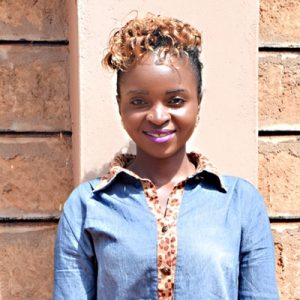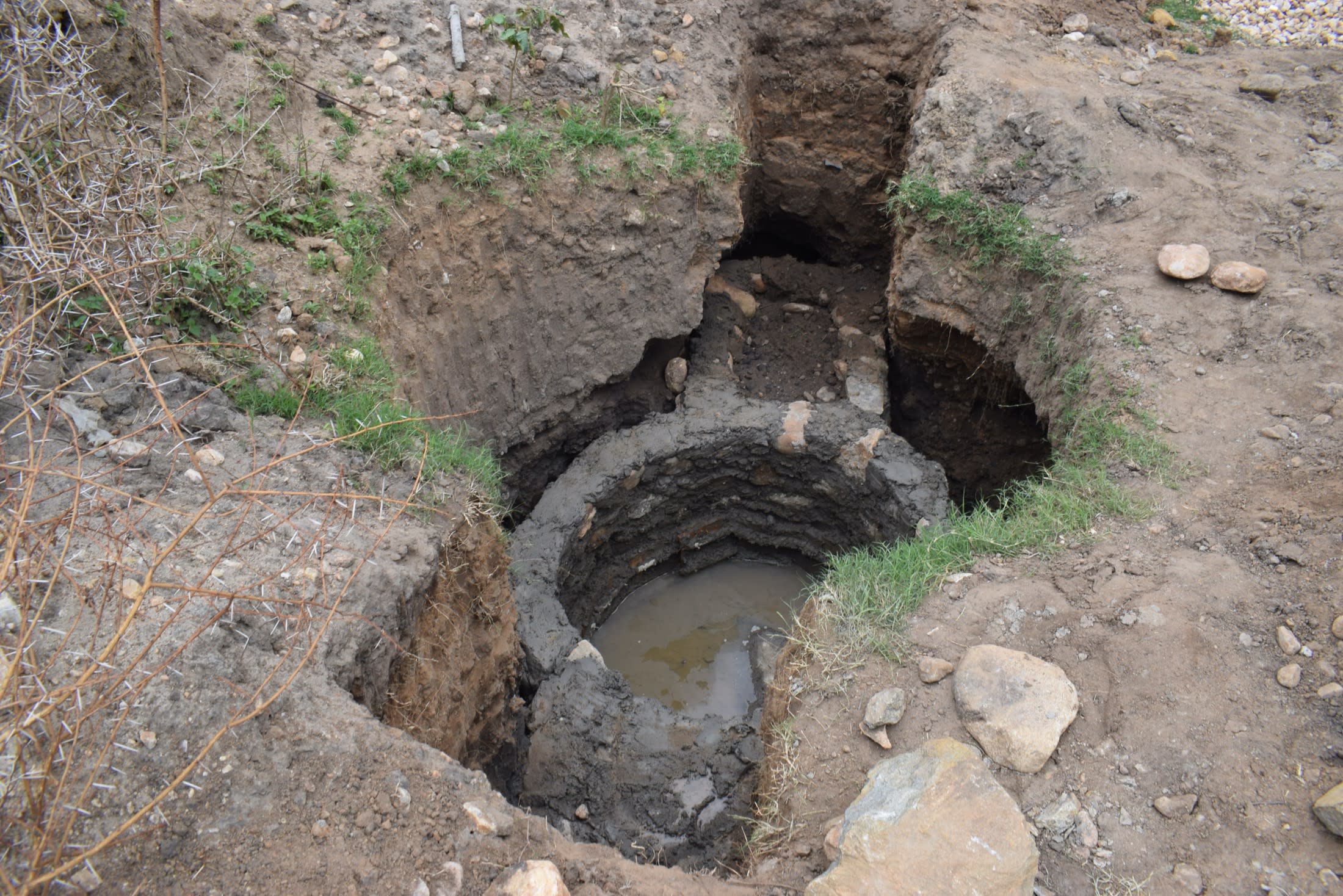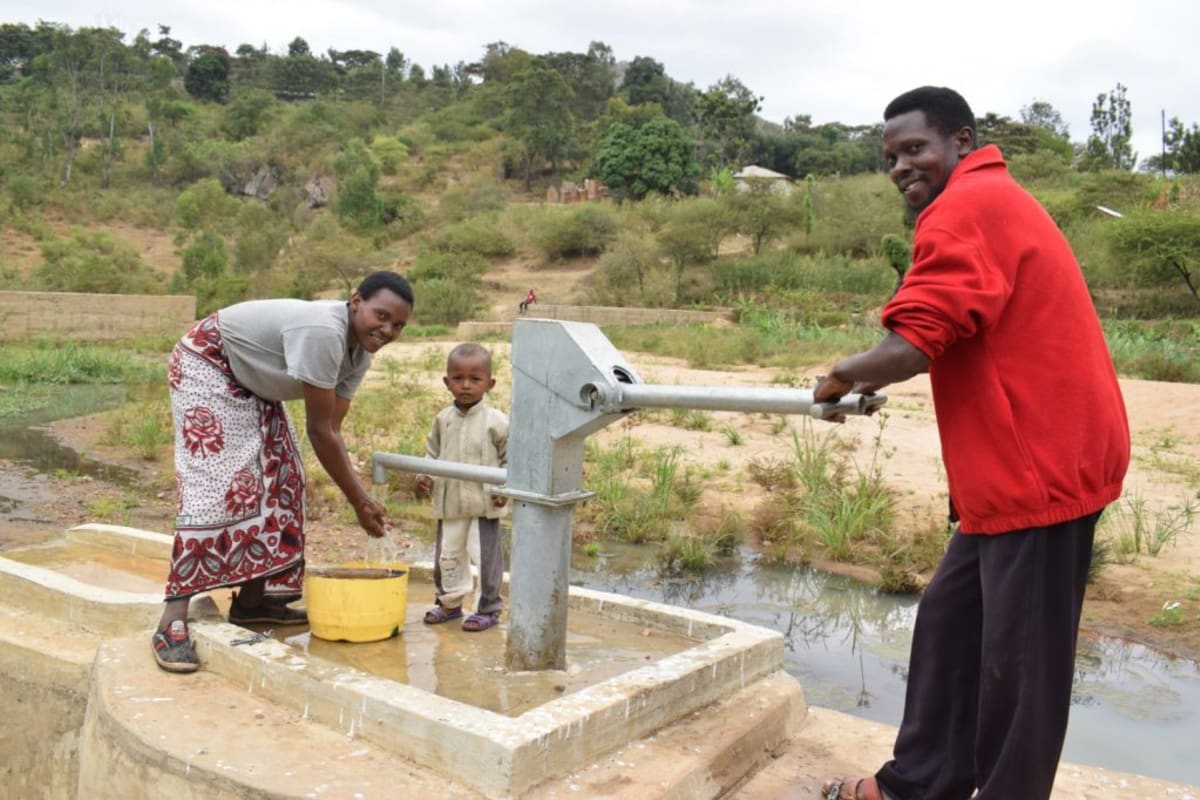Kyamwao Village is a rural place that is situated in Muvuti. The area is very peaceful. It has a population of 840 people from 215 homesteads that host an average of four people each. The buildings here are built of bricks and have an iron sheet roofs, with some having grass-thatched roofs.
The most common livelihood in this area is farming. Each member has a farm where they till and harvest in a bid to sell their products to the market areas. Due to water scarcity and unreliable rain patterns, farming is only conducted when the rainy seasons approach. The Machakos County Government constructed a market area for the community where most women work as vendors of their farm products and sell them to passersby along the highway. Community members engage in small businesses such as salons, shops, welding, and wholesale product sales.
Our main entry point into Kyamwao Community is the Kwa Kalekye Self-Help Group (SHG), which is comprised of 40 farming households that are working together to address water and food scarcity in their region. We will work with the group on projects for up to 5 years in order to ensure that all 840 people living here have immediate access to a reliable source of water. These members will be our hands and feet in both constructing water projects and spreading the message of good hygiene and sanitation to everyone.
Currently, the main water source for the community is the Kyamwao River. It is a seasonal river which only flows during the rainy season and dries completely a few months later. The water accessed afterwards is attained with a lot of strain, and there are minimal chances for the water being fresh for direct consumption. There are also many people depending on one water source, which makes it inadequate for all the community members.
A lot of time is consumed fetching water due to the long distances covered and the long queues at the sources. As a result, there are no other activities which can be conducted at the household level. Water scarcity has caused immense financial pressure and depletion because a lot of money is used on purchasing water. The water vendors take advantage of their vulnerable situations and inflate the prices on the cost of the commodity.
"It is very exhausting walking to the water sources because one needs to carry their jerrycans, tag along with the livestock, and still carry their own child," said Christine Musyoka.
What we can do:
Hand-Dug Well
This particular hand-dug well is being built adjacent to this group’s ongoing sand dam project (click here to see), which will supply clean drinking water once it rains. We have supplied the group with the tools needed for excavation. With the guidance of our artisans and mechanics, the excavated well will be cased, sealed with a well pad, and then finished with a new AfriDev pump.
Excavation takes a month or more on average, depending on the nature of the rock beneath. Construction of the well lining and installation of the pump takes 12 days maximum. The well will be lined with a concrete wall including perforations so that once it rains, water will filter in from the sand dam.
This well will be located in Kyamwao Village, and will bring clean water closer to families having to walk long distances for their water.
Training
We will hold hygiene and sanitation training sessions with Kwa Kalekye SHG, which are also open to non-members. These will teach about important hygiene practices and daily habits to establish in the community at the personal and household levels. Taking good care of self and environment will make for a healthy community.
Most households have poor compound hygiene and their general hygiene and sanitation standards are low. People here seem to be very aware of the dangers caused by poor hygiene and sanitation habits such as lack of handwashing, lack of cleaning the latrines, poor personal hygiene and poor compound hygiene habits. Therefore, the need for sensitization on the dangers of poor hygiene and sanitation and emphasis is key to boost an improvement.
In relation to this, our trainers will discuss topics such as compound hygiene, effective water treatment methods, handwashing training, soap making lessons and knowledge of disease transmission routes.
"Hopefully, if we get water we can work on improving our hygiene as well as reducing the transmission of diseases," said Mbithi Matheka.

 Protected Dug Well
Protected Dug Well
 Rehabilitation Project
Rehabilitation Project





































